How Many Stages Are Involved in the Thermal Decomposition Process of Ammonium Metatungstate?
- Details
- Category: Tungsten Information
- Published on Tuesday, 13 May 2025 17:13
- Written by Xiaoting
- Hits: 244
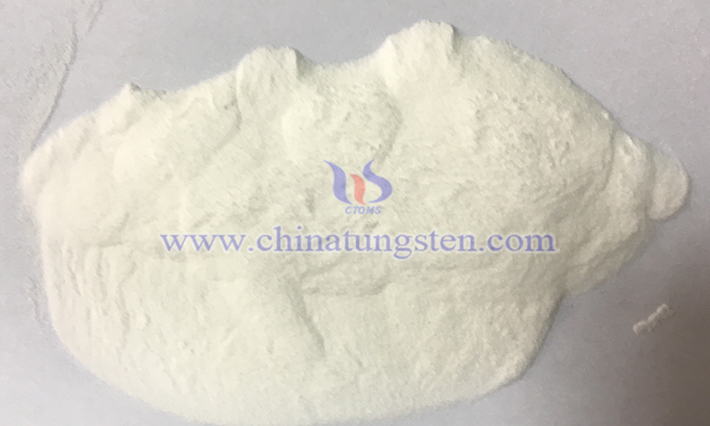
The thermal decomposition process of ammonium metatungstate (AMT) is a complex, multi-stage reaction involving the removal of crystal water, structural phase transitions, and the eventual formation of tungsten oxide. Specifically, the thermal decomposition of AMT can be pided into the following stages:
Wire cut molybdenum wire
- Details
- Category: Tungsten Information
- Published on Thursday, 08 May 2025 15:18
- Written by Xiaoting
- Hits: 311
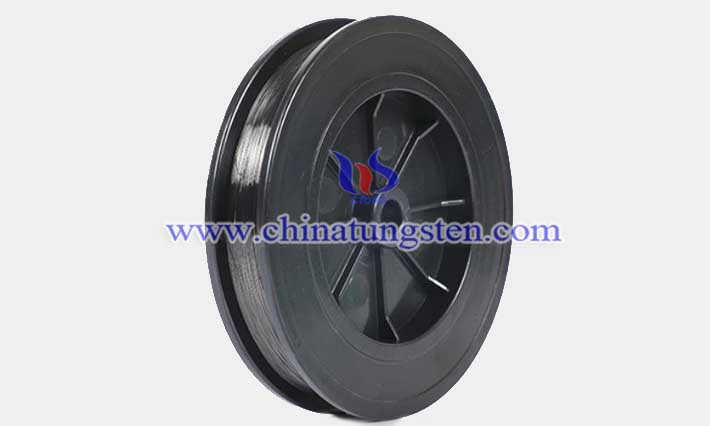
The wire cut molybdenum wire is a molybdenum product mainly made of refractory metal molybdenum (Mo). It is a thin wire made by forging and drawing molybdenum bars, and serves as a cutting wire for wire cutting machines. Its English name is "wire cut molybdenum wire", and its diameter generally ranges from 0.12 to 0.20 mm.
What Is the Solubility of Ammonium Metatungstate in Ammonia Water?
- Details
- Category: Tungsten Information
- Published on Thursday, 08 May 2025 15:12
- Written by Xiaoting
- Hits: 295
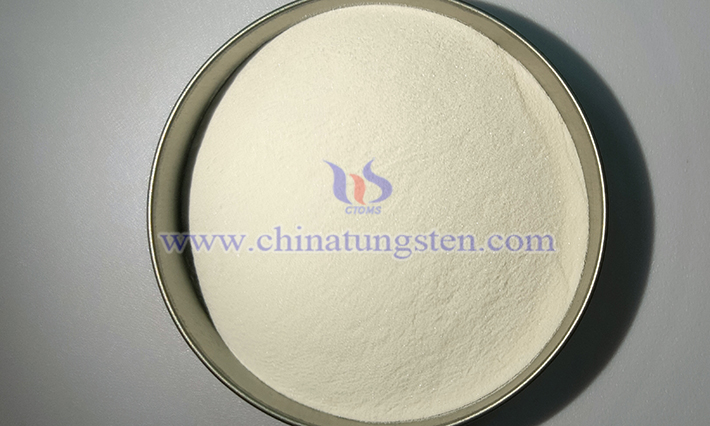
Ammonium metatungstate (AMT), besides being soluble in dilute acid solutions such as dilute hydrochloric acid, dilute nitric acid, and acetic acid, can also dissolve in alkaline solutions like ammonia water.
Read more: What Is the Solubility of Ammonium Metatungstate in Ammonia Water?
What Is the Solubility of Ammonium Metatungstate in Organic Solvents?
- Details
- Category: Tungsten Information
- Published on Thursday, 08 May 2025 15:14
- Written by Xiaoting
- Hits: 312
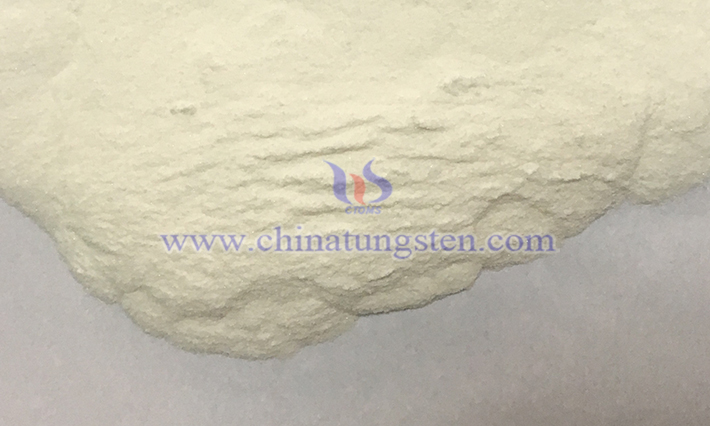
Ammonium metatungstate (AMT) is a highly water-soluble tungstate compound, widely used in tungsten chemical industries and catalyst preparation due to its high solubility in water (approximately 300-330 g/100 mL at 25°C). However, its solubility in organic solvents is significantly different, typically much lower or nearly insoluble. Below is an overview of AMT's solubility in some common organic solvents:
Read more: What Is the Solubility of Ammonium Metatungstate in Organic Solvents?
What Is the Solubility of Ammonium Metatungstate in Dilute Acid Solutions?
- Details
- Category: Tungsten Information
- Published on Thursday, 08 May 2025 15:10
- Written by Xiaoting
- Hits: 321
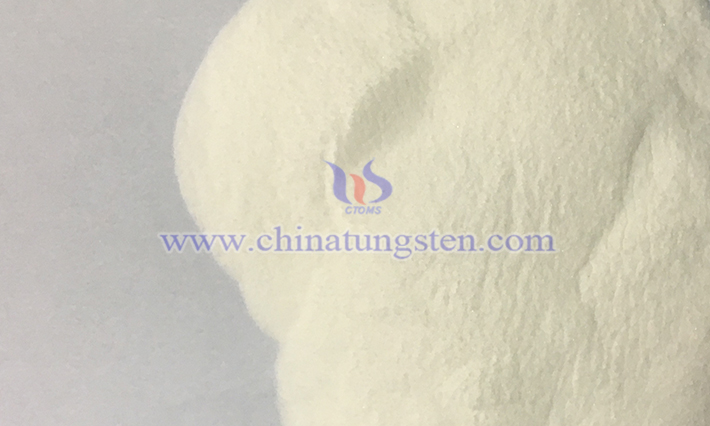
Ammonium metatungstate (AMT) is an important tungsten compound, appearing as a white crystalline powder, primarily used in the production of tungsten powder, tungsten wire, hard alloys, and in fields such as petrochemicals, catalysts, and ceramics. Besides being soluble in water and certain organic solvents, AMT can also dissolve in dilute acid solutions.
Read more: What Is the Solubility of Ammonium Metatungstate in Dilute Acid Solutions?





 sales@chinatungsten.com
sales@chinatungsten.com